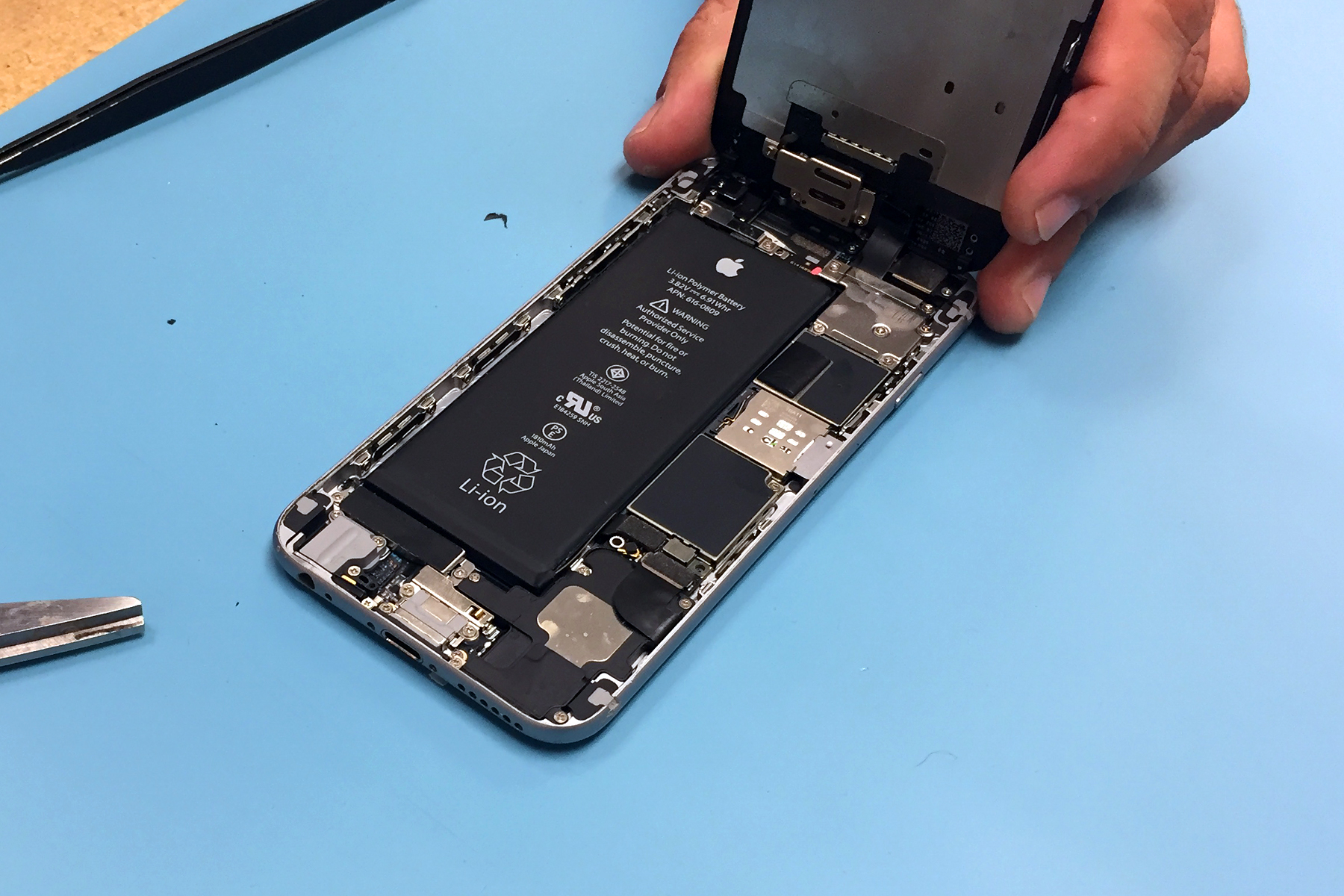Daughter breaks Samsung phone, Politician proposes Right to Repair bill

If you were made Director of Right to Repair at Samsung or Apple or any major consumer electronics company, how would it all work?
Right to repair keeps popping up on Reddit and every time it does, I hear about it. This time, though, the news isn't coming from U.S. It's coming from right here, above the wall.
Jordan Pearson, writing for Vice's Motherboard:
A newly-proposed bill could become the first legislation to ensure individuals and independent shops can repair brand-name devices in North America.
Now, before anyone gets too excited, Vice is taking one private member bill in the Ontario provincial legislature and less reporting on it and more, I don't know, trying to actively wishful think it into a continent-wide revolution.
Ontario Liberal Party MPP Michael Coteau ran into this issue head-first after his daughter dropped his Samsung smartphone. An official repair job from the manufacturer was more expensive than just getting a new phone from his carrier, he told me over the phone."It's a shame," Coteau said, "because the Samsung S8 was very good for me. Everything was perfect. I would've kept using it. But now I've replaced it."On Thursday, Coteau introduced a private member's bill in provincial parliament that, if passed, would be the first "right to repair" law for electronic devices in North America. More than a dozen US states are currently considering similar bills, but nothing is on the books yet in the US or in Canada.The legislation proposes that tech companies make diagnostic tools, repair manuals, and official parts available to consumers at their request. The legislation would also require that any new products ship with a repair manual. Documents provided to consumers must be free unless they request paper copies, and parts, tools, and software must be provided at a fair price.
In the abstract, of course, I think this is great. But, what I'd like to any of these outlets or advocates do is actually sit down and map out how it would be implemented in the real world. Like, imagine you, tomorrow, were made Director of Right to Repair at Samsung or Apple or any major consumer electronics company, how would it all work?
New iPhone is introduced, can't even make enough to meet demand for the first 6 months. Would you set aside half the parts for repair, so you only have half as many to sell at launch? Maybe that's totally the right thing to do, I don't know yet, which is why I'm asking out loud. Or, maybe you only make the parts available one year out, when demand is in balance, and warranty coverage is ending. Is that the best of both worlds?
How do you protect people from crap lithium-ion batteries that could burn down their car, house, or an airplane? Politicians, publications, and pundits love to throw around the words "cheap repairs" but the cost of that can be astronomical in terms of human and property damage. Maybe any and all regulation should cover the repairs and not just the manufacturers?
Master your iPhone in minutes
iMore offers spot-on advice and guidance from our team of experts, with decades of Apple device experience to lean on. Learn more with iMore!
And how do you protect security and privacy? If companies are required to provide hardware or software that can, for example, connect swapped out fingerprint or facial scanners, what's to stop criminals from getting them and using them on stolen phones? Governments for using them on phones they wouldn't otherwise be allowed to break into?
Maybe companies should be forced to disclose, up front, parts or products that can't easily be self-repaired, so customers are always making informed decisions. Or maybe companies that can't or don't want to supply all or any parts should be required to provide accessible repair services at cost, or maybe customers should vote with our wallets and buy from the companies that best suit not just our tastes but our philosophies.
Again, I don't have any answers here, which is why I'm going to keep asking questions.

Rene Ritchie is one of the most respected Apple analysts in the business, reaching a combined audience of over 40 million readers a month. His YouTube channel, Vector, has over 90 thousand subscribers and 14 million views and his podcasts, including Debug, have been downloaded over 20 million times. He also regularly co-hosts MacBreak Weekly for the TWiT network and co-hosted CES Live! and Talk Mobile. Based in Montreal, Rene is a former director of product marketing, web developer, and graphic designer. He's authored several books and appeared on numerous television and radio segments to discuss Apple and the technology industry. When not working, he likes to cook, grapple, and spend time with his friends and family.
